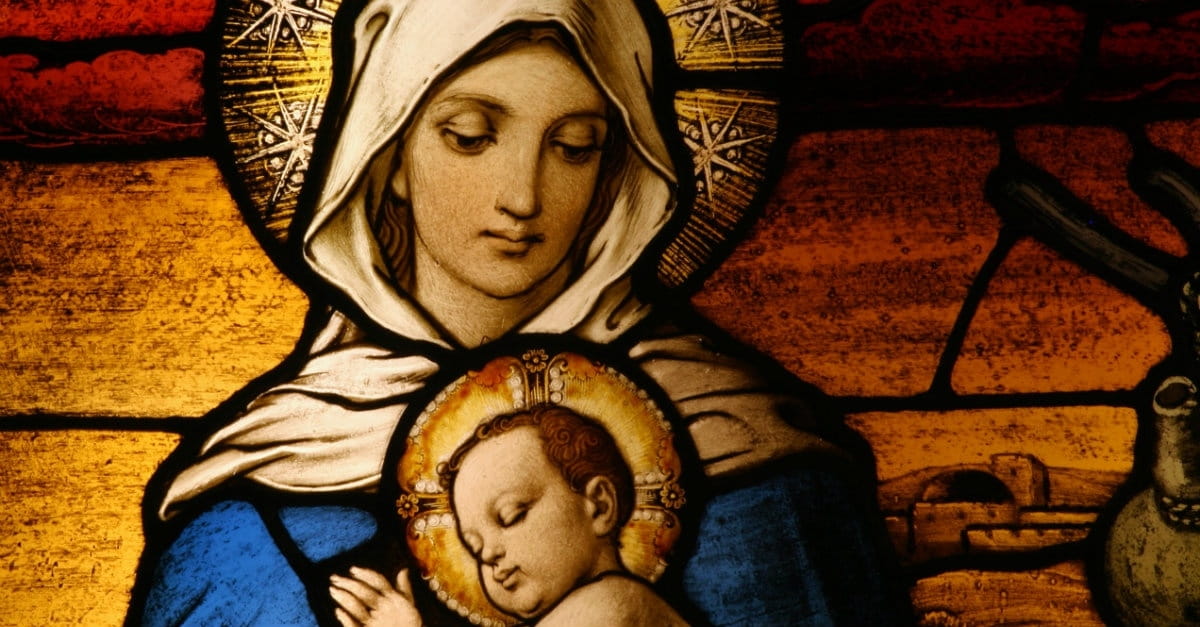I guess you could choose any day to celebrate Christ’s birth. Calendars have changed, and history is not always accurate. We make educated guesses when dating things. I have looked at the Spring date for Christ’s birth and the December date. I tend to be a detailed person and always do my due diligence research. John Tvedtnes wrote an article that seems to sum it all up, showing how history and man’s interpretations are entwined. He has some good reasoning and references.
For one, the claim that Jesus was born on April 6, 1BC because James Talmage wrote it in his book, Jesus the Christ:
During 2012, Ronald P. Millett came to the defense of Elder Talmage (with whom Sidney B. Sperry also agreed) by posting two articles on the Meridian Magazine web site.69 Like many Latter-day Saints he assumes that the source was revelatory, because (1) Jesus the Christ was authored by an apostle, (2) who wrote the book under commission from the First Presidency, [Page 30](3) wrote it in the Salt Lake Temple, and (4) it was published by the Church. I believe that these reasons deserve some comment.
As regards Elder Talmage’s apostleship, four other apostles (Orson Pratt, Hyrum Smith, J. Reuben Clark Jr. of the First Presidency, and Bruce R. McConkie) discussed the matter. Of these, Elder Smith, who published his Doctrine and Covenants commentary four years after Talmage’s book, agreed on the date of 6 April, but rejected Talmage’s assertion about 1 bc being the year in which Christ was born. The other three disagreed entirely with Talmage. Like Jesus the Christ, Clark’s Our Lord of the Gospels (1954) was reprinted by the Church as the Melchizedek Priesthood handbook for 1958.
Must apostles and prophets be infallible in their beliefs? Does such a calling deprive them of their agency and right to private opinions? Under date of 8 February 1843, Joseph Smith wrote, ”[I] visited with a brother and sister from Michigan who thought that `a prophet is always a prophet;’ but I told them that a prophet was a prophet only when he was acting as such.”70 Prophets are, after all, human beings. The fact that they speak for God on occasion does not remove their free agency. Like all of us, prophets have opinions. (John Tvedtnes, When was Christ Born?)
We have a friend from college who was born on Feb 29 — a Leap Year. If he wanted to celebrate his birthday on Feb 29 every year, he could not since Feb 29 only occurs every fourth year. He decided, or maybe his parents decided to celebrate his birthday on April Fools day. So maybe it doesn’t matter what day you choose to remember someone special. The point is to remember. (But sometimes we forget special days, and that’s ok too.)
Sometimes I think I would rather separate Christmas, December 25, and the day of Christ’s birth. I feel like we try so hard to make Christmas about Jesus, but it is so entwined with Santa and trees and stockings and gift lists that it detracts from what we would want for a day of remembering the birth of our Savior. It was not really a great idea to take a pagan holiday and make it a religious holiday as well. (This goes for Easter too.) So, if you were to choose a day — like one of the Feast Days of the Torah that commemorate specific days of remembering what God has done for you and your ancestors (and progeny) — what day would you choose to celebrate the birth of Christ? And what would you do?


